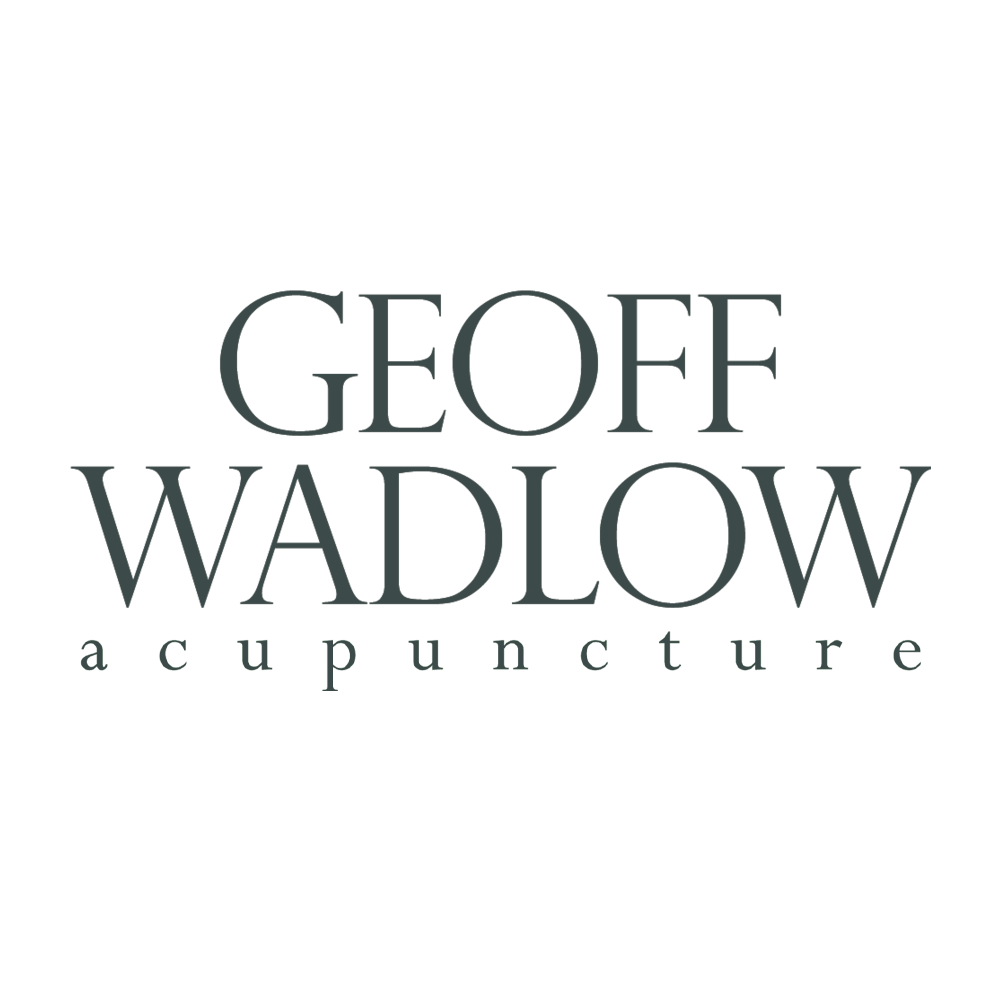
Acupuncture
Acupuncture & menopause
Conditions in which acupuncture can be helpful:
Acupuncture can be effective for all these conditions. It can be used either on it’s own or, it can be successfully combined with HRT. In this respect acupuncture is normally ‘neutral’ in its interactions, working best if the practitioner uses Chinese medical diagnosis when determining treatment.
Chinese patent medicines and herbal medicines may interact with orthodox treatment and more caution needs to be exercised in prescribing them.
Hot flushes and night sweats
Anxiety and depression
Insomnia
Joint pains
Incontinence
Hot flushes and night sweats
There is good evidence for the effectiveness of acupuncture in treating these symptoms. An average course is between 10 to 12 weekly treatments, with follow up treatments monthly for up to 18 months to two years. Acupuncture can also be very helpful in treating hot flushes which result from artificially induced menopause (such as with Tamoxifen) or after a hysterectomy.
Anxiety and depression
Acupuncture has been shown to be beneficial in treating anxiety and depression and it can be used alongside conventional treatment. Patients receiving acupuncture treatment for physical complaints routinely report positive mental and mood changes. Changes in emotional and mental state may often precede physical changes and can be a sign of a good outcome.
Insomnia
Improved sleep usually occurs at the same time as improvements in the incidence of flushes and night sweats, and in mood changes. Where these other symptoms are not present, treatment focussing specifically on insomnia can be very successful. Insomnia features prominently in Chinese medical textbooks and research literature, and is treated routinely with acupuncture in Chinese hospitals and clinics.
Joint pains
Acupuncture has a good reputation for effective pain relief and there is considerable literature to support this. As an example, arthritic changes leading to joint pain are well controlled by acupuncture treatment when properly applied. When combined with an appropriate exercise and diet regime, and if treated in the early stages, the effects can be permanent.
Incontinence
Success in treatment depends on making the correct traditional diagnosis, especially in cases where there is no apparent physical cause. Acupuncture is most successful in cases where pelvic floor exercises do make a difference but only have a partial effect.


